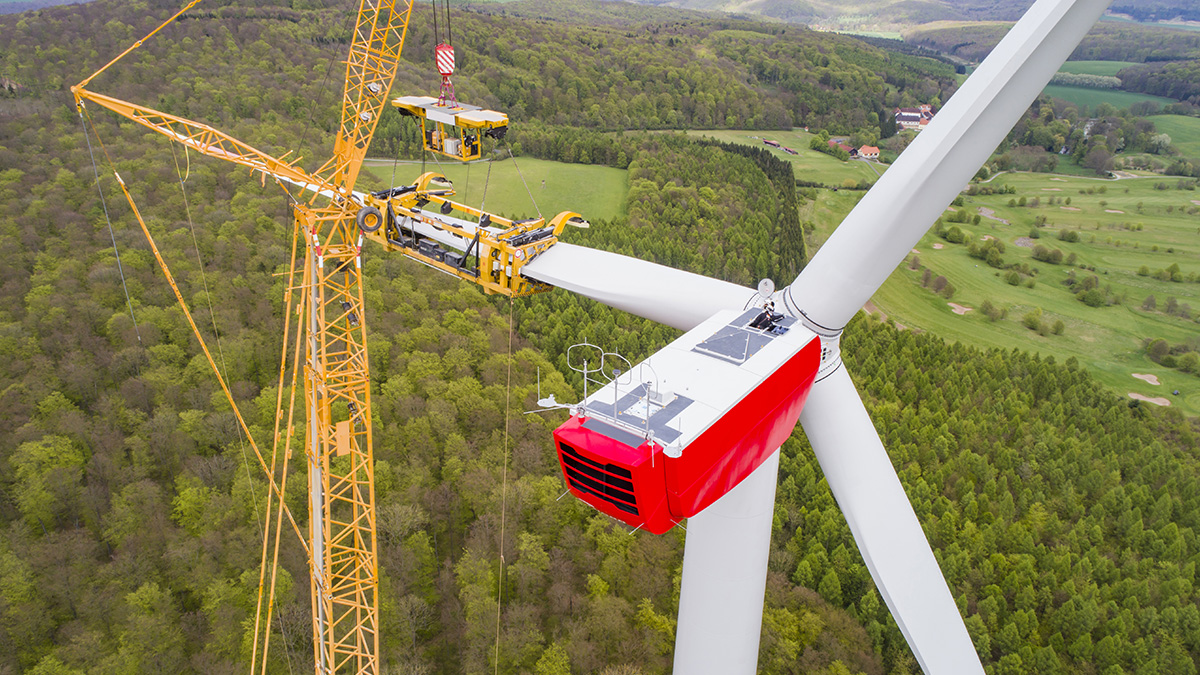Belgium – The EU Energy Ministers have come to an agreement on their stance regarding amendments to the Energy Efficiency Directive and the Renewable Energy Directive, paving the way for a more rapid expansion of renewable energy sources and simplified wind farm permitting.
They decided that in order to improve the EU’s energy security, the Renewable Energy Directive should now also include the new measures suggested in the REPowerEU Action Plan. The changes will now be finalized in negotiations with the European Parliament in the fall by EU energy ministers.
The revised Renewable Energy Directive (RED) and Energy Efficiency Directive were approved by the EU Energy Council (EED). In their amendments to the RED, EU energy ministers incorporated significant components of the REPowerEU Action Plan, the EU’s energy response to the war in Ukraine. The ministers emphasized the necessity of accelerating the deployment of domestic renewable energy sources in order to strengthen the EU’s energy security in light of the ongoing conflict. They concurred that the development of renewable energy sources in Europe, along with the related development of onshore and offshore grid infrastructure, should be viewed as a matter of “overarching public interest” and “public safety.”
The EU Energy Ministers agreed on clear deadlines for the permitting of new projects and simplified permitting of repowering projects in order to deliver the necessary build-out of renewable energy. Environmental impact assessments will only be required for repowering the additional effects on the environment from the existing turbines. The European Council now supports a population-based approach to biodiversity that will help maintain and improve the health of endangered bird populations in order to ensure that wind energy development coexists with biodiversity protection.
Renewable hydrogen
Renewable energy sources must be utilized outside the power sector if greenhouse gas emissions are to be reduced by 55 percent by 2030 compared to 1990 levels. Member States made a commitment to analyzing and eliminating obstacles to corporate renewable power purchase agreements. This will support the wider decarbonization of Europe’s economy, particularly in energy-intensive industries, by increasing the amount of affordable, clean wind energy available to corporate consumers.
Only 25% of the energy consumed in the EU today is electric. By 2050, renewable hydrogen and its derivatives will be used to electrify 18% of the EU energy system indirectly, bringing the total to 75%, or 57 percent, direct electrification. The EU Energy Ministers furthered strengthened the position of renewable hydrogen by adopting specific sector targets. They also agreed on an indicative renewable hydrogen target for transportation of 5.2 percent by 2030 and a mandatory renewable hydrogen target for industry of 35 percent by 2030 and 50 percent by 2035.
The revised RED is now ready for discussion with the European Parliament among Member States. The European Parliament’s Industry and Energy Committee will vote on the Directive on July 13 to determine its position. Then, in the autumn, the final negotiations could start.





